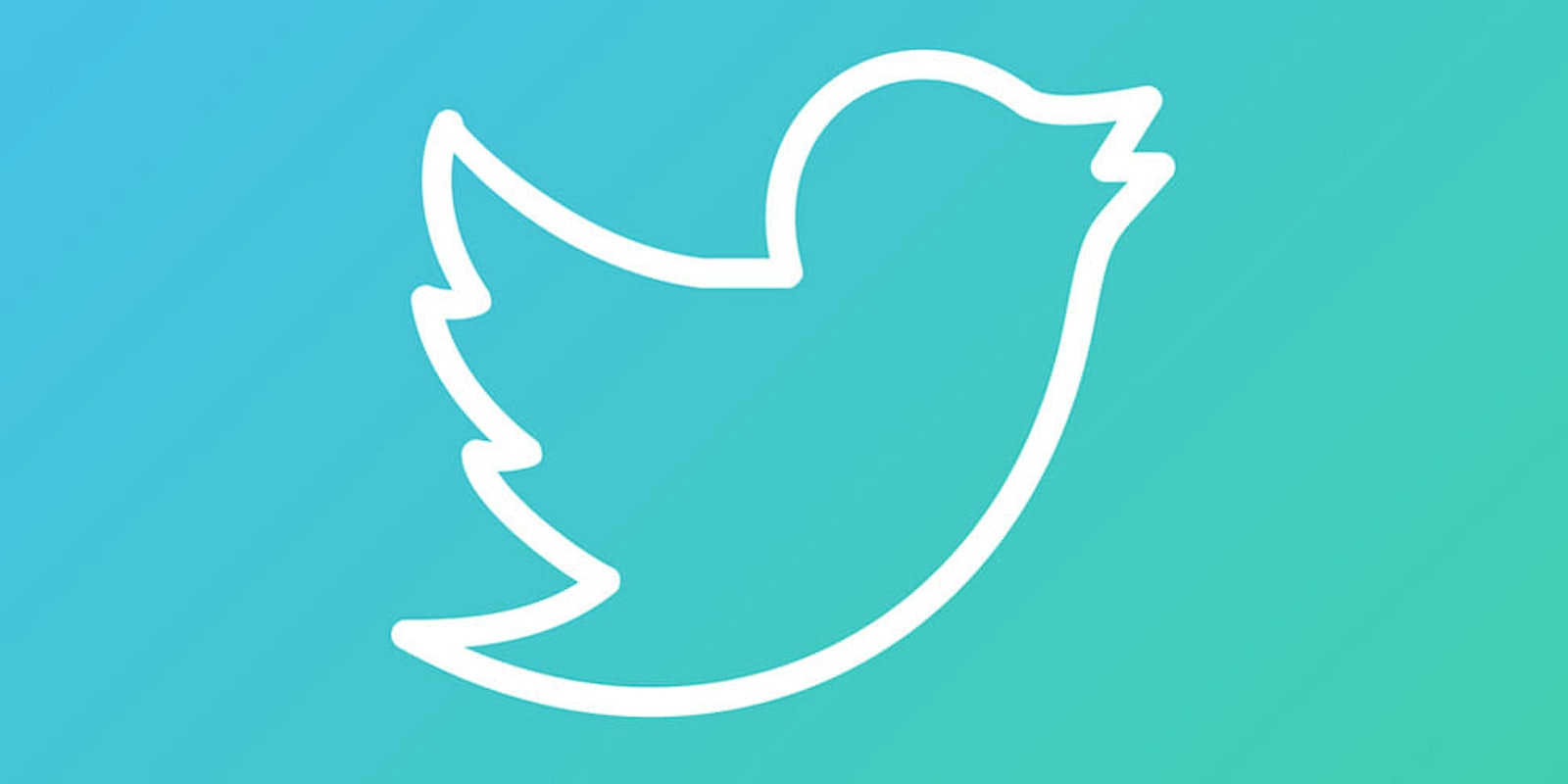Twitter announced Wednesday that it has ended support for geotagging due to the feature’s unpopularity among users.
In a tweet from the social media company’s support account, Twitter stated that the move was intended to “simplify your tweeting experience.”
The geotagging feature allowed users to add their exact location to tweets. Although Twitter is axing the feature, users will still be able to tag their photos with their precise location through Twitter’s camera.
“Most people don’t tag their precise location in tweets, so we’re removing this ability,” the company wrote. “You’ll still be able to tag your precise location in tweets through our updated camera. It’s helpful when sharing on-the-ground moments.”
Most people don’t tag their precise location in Tweets, so we’re removing this ability to simplify your Tweeting experience. You’ll still be able to tag your precise location in Tweets through our updated camera. It’s helpful when sharing on-the-ground moments.
— Support (@Support) June 18, 2019
Twitter originally introduced the geotagging feature in 2009, in an effort to let users search for tweets based on their location.
In a blog post at the time, Twitter praised how users would be able to “switch from reading the tweets of accounts you follow to reading tweets from anyone in your neighborhood or city–whether you follow them or not.”
Aside from being largely unpopular, the option also raised privacy concerns. In 2017, Twitter admitted that a bug led some accounts to reveal their location inadvertently.
Few users reacted negatively to Twitter’s announcement. Many did, however, call on the social media platform to add the one option everyone has been requesting for years: an edit button.
READ MORE:
- John Cusack blames Twitter bot for anti-Semitic tweet
- O.J. Simpson just joined Twitter in the most bizarre fashion
- Twitter suspends new accounts involved in state-sponsored misinformation
Got five minutes? We’d love to hear from you. Help shape our journalism and be entered to win an Amazon gift card by filling out our 2019 reader survey.
H/T the Verge


